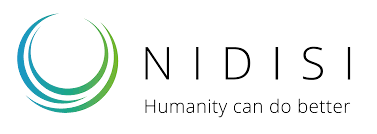Information about the project
In my role in the ReValue project at NIDISI gGmbH, I took on several tasks and was particularly involved in research and process analysis for the project. NIDISI is an international non-profit organization focused on social enterprise development in countries of the Global South, especially Nepal. The ReValue project converts non-recyclable plastic waste into road construction material using financial plastic compensation mechanisms.
What this work meant to me and which key learnings I took from it
Relevance for Circular Economy
Work like that in the ReValue project is relevant to the Circular Economy: By reusing non-recyclable plastic waste in road construction, this project helps reduce the amount of waste that ends up in landfills or the environment while providing a valuable raw material for infrastructure development. In addition, plastic accounting and crediting mechanisms enable sustainable financing of these projects and encourage the stepwise realization of a circular economy, in this case through the recycling of plastics, which does not only reduce local environmental pollution, but also generates jobs with fair working conditions for the employed waste pickers in this project.
“I had the pleasure of working with Laura on the ReValue project and it was impressive to see how quickly and purposefully she grasped what was happening in the project and on site. The results of her analyzes and the associated recommendations helped us to further to better structure the course of the project and to better understand the perspectives of the stakeholders involved. Her positive charisma, quick integration into the team and ability to effortlessly bridge cultural differences and build productive relationships with local stakeholders was remarkable. She was a great asset for our team and their dedication has really made a difference.”

